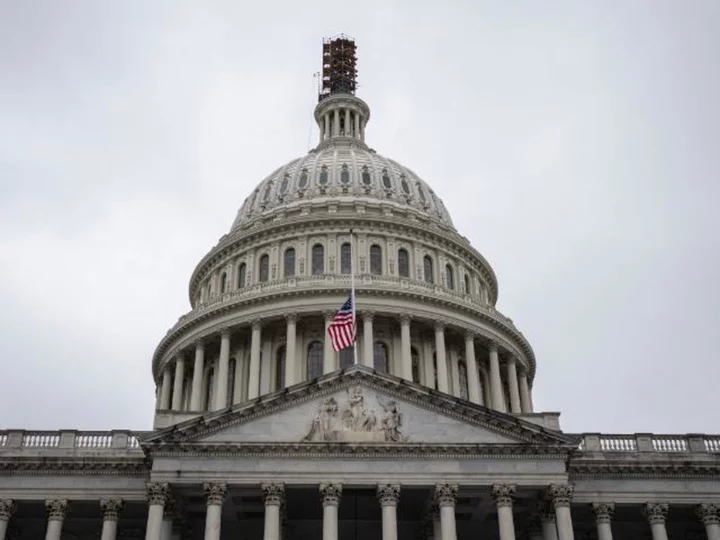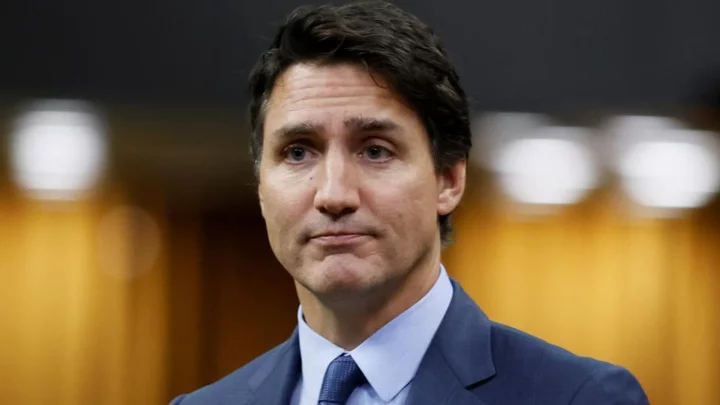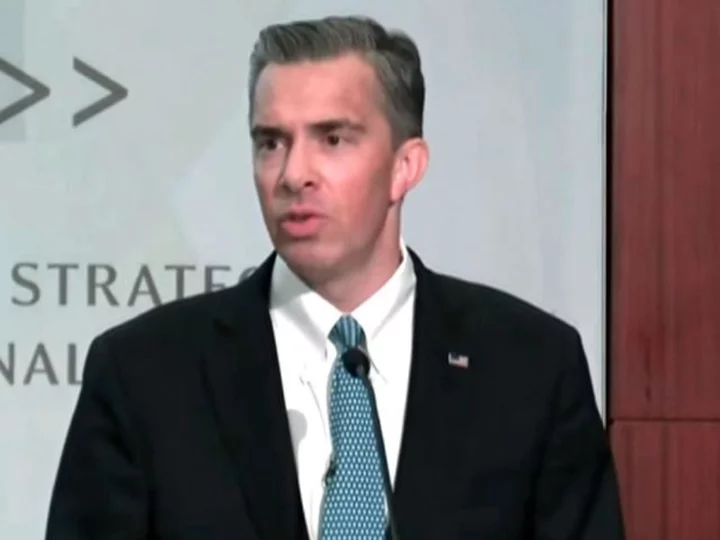After days of stalemate, Congress passed a stopgap funding bill Saturday to keep the government open through mid-November, narrowly avoiding a shutdown that could have had devastating impacts.
House Speaker Kevin McCarthy secured broad Democratic support for the short-term bill while hardline members of his own party remained defiant. In the Senate, members of both parties also came together to move the bill to the desk of President Joe Biden, who signed the measure late Saturday.
The government will now continue operating until November 17. Lawmakers must pass another spending bill before then to avoid a shutdown. Here's what you should know.
These are the operations that will continue for now
Nearly 2.2 million federal workers and 1.3 million active-duty troops will be spared an immediate impact on their finances after the possibility of a shutdown had threatened to leave them without pay.
The bill's passage also at least temporarily avoids massive disruptions to air travel, as a shutdown could have led to significant delays. During the 2019 shutdown, hundreds of Transportation Security Administration officers -- who had to work without pay -- called out sick.
The bill also includes a special measure to keep the Federal Aviation Administration operational. A shutdown, paired with the looming expiration of a key aviation law, would have resulted in millions of dollars in losses daily and left the agency scrambling to rebuild the air traffic control system.
The White House was able to get natural disaster funding into the stopgap bill, allowing relief efforts to continue in the wake of a recent brutal stretch of natural disasters.
Border policies will continue to be enforced as hardline Republicans were unable to get a border security amendment into the final bill.
Stopgap bill did not include additional Ukraine aid
The stopgap measure passed by Congress did not include additional funding for Ukraine after McCarthy put forward a bill without additional aid to the war-torn country -- a key concession that many House Republicans demanded but that left Democrats disappointed.
So far, Congress has approved about $113 billion in aid to Ukraine, according to calculations by the US State Department Office of Inspector General and the Committee for a Responsible Federal Budget. In August, the White House asked Congress to approve another $24 billion in aid, and last month, Ukrainian President Volodymyr Zelensky made a trip to the Capitol to ask for more relief.
Some Republicans argue that the Biden administration should divert funding to border security and other domestic priorities instead of giving more financial assistance to Ukraine.
What happens next?
The House and Senate are adjourned until Monday, and lawmakers are likely to resume negotiations once they're back at the Capitol. They must now pass another spending bill before they head home for Thanksgiving.
They have over a month to reach an agreement on which provisions to include in a long-term spending bill. The fierce debate leading up to Saturday's resolution revealed a deep divide within the Republican Party, which is expected to make the second round of talks just as difficult before the GOP even attempts to secure Democratic support.
Progress could be stalled if a vote to oust McCarthy as speaker is brought to the floor, a motion that hardline Republicans are expected to bring forth, though timing remains unclear.
What could be included in the long-term bill?
Border security and Ukraine aid were the two sticking points that delayed an agreement and nearly led to a government shutdown.
When lawmakers resume negotiations to pass a long-term spending bill, Democrats, with bipartisan support, are expected to push to renew assistance to Ukraine, while some Republicans will likely seek a border amendment. However, as of Friday, Republicans had not reached a consensus on what kind of amendment they would want to add.
The House Democratic leadership said in a statement Saturday evening that McCarthy is expected to advance a vote on Ukraine aid once the House is back in session.
Bipartisan members of Senate leadership issued a statement late Saturday, committing to vote on further funding for Ukraine aid "in the coming weeks."









